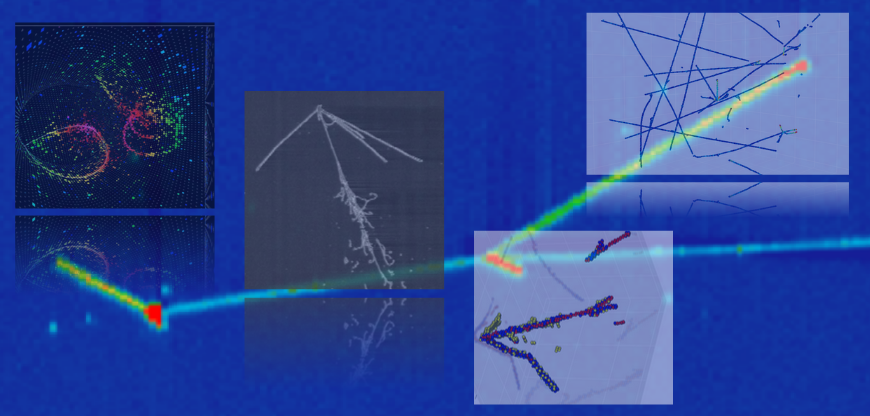Speaker
Description
The Karlsruhe Tritium Neutrino (KATRIN) experiment probes the effective electron anti-neutrino mass by precisely measuring the tritium beta-decay spectrum close to its kinematic endpoint.
A world-leading upper limit of $0.8 \,$eV$\,$c$^{-2}$ (90$\,$\% CL) has been set with the first two measurement campaigns.
Subsequent improvements in operational conditions and a substantial increase in statistics allow us to expand this reach.
This talk features the latest KATRIN results and provides insight into the neural network approach used to perform the computationally challenging analysis. Moreover, a short outlook on the upcoming Bayesian analysis will be given.
This work received funding from the European Research Council under the European Union Horizon 2020 research and innovation programme, and is supported by the Max Planck Computing and Data Facility, the Excellence Cluster ORIGINS, the ORIGINS Data Science Laboratory and the SFB1258.
| Type of contribution | Talk: 30 minutes. |
|---|

